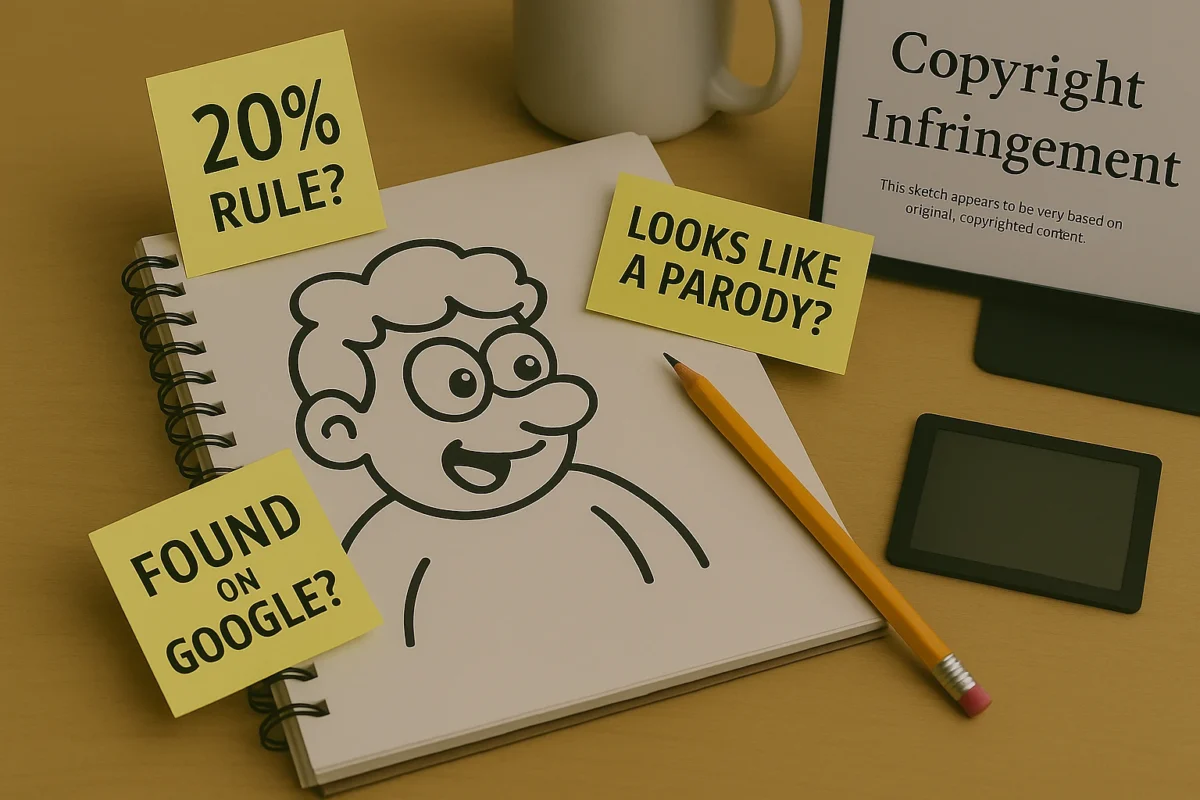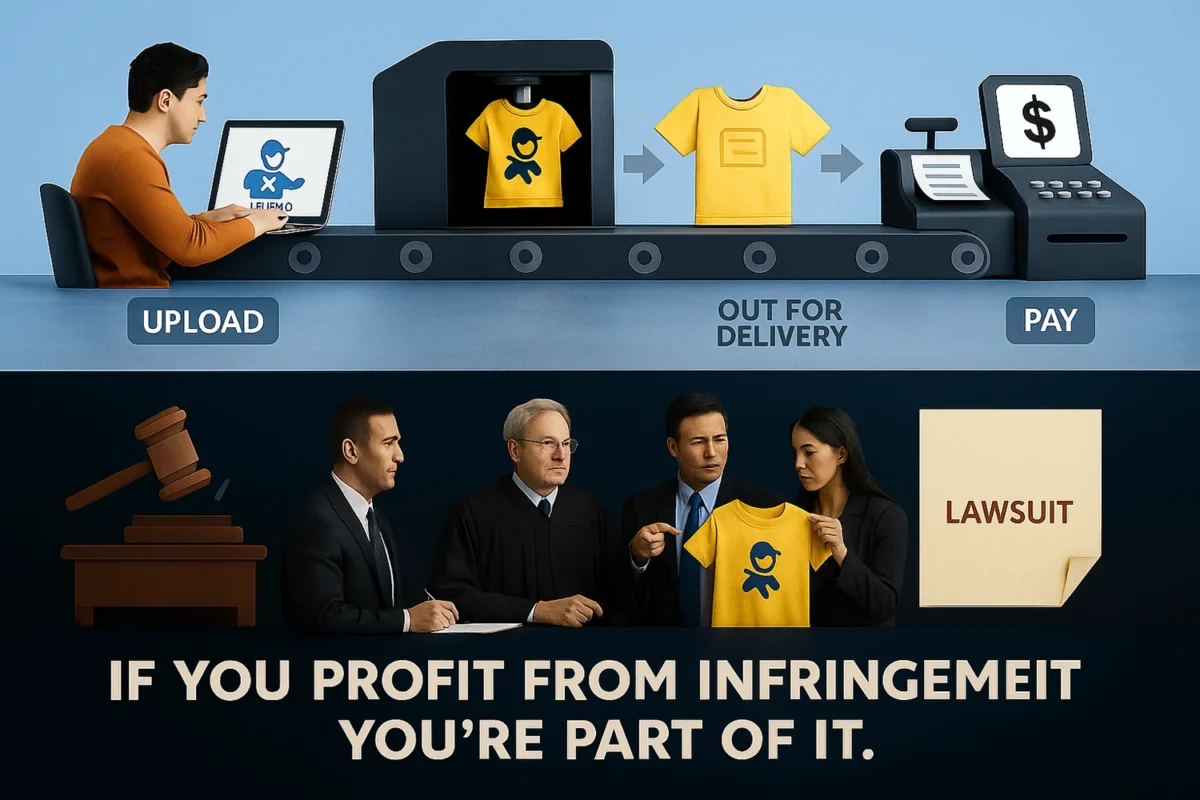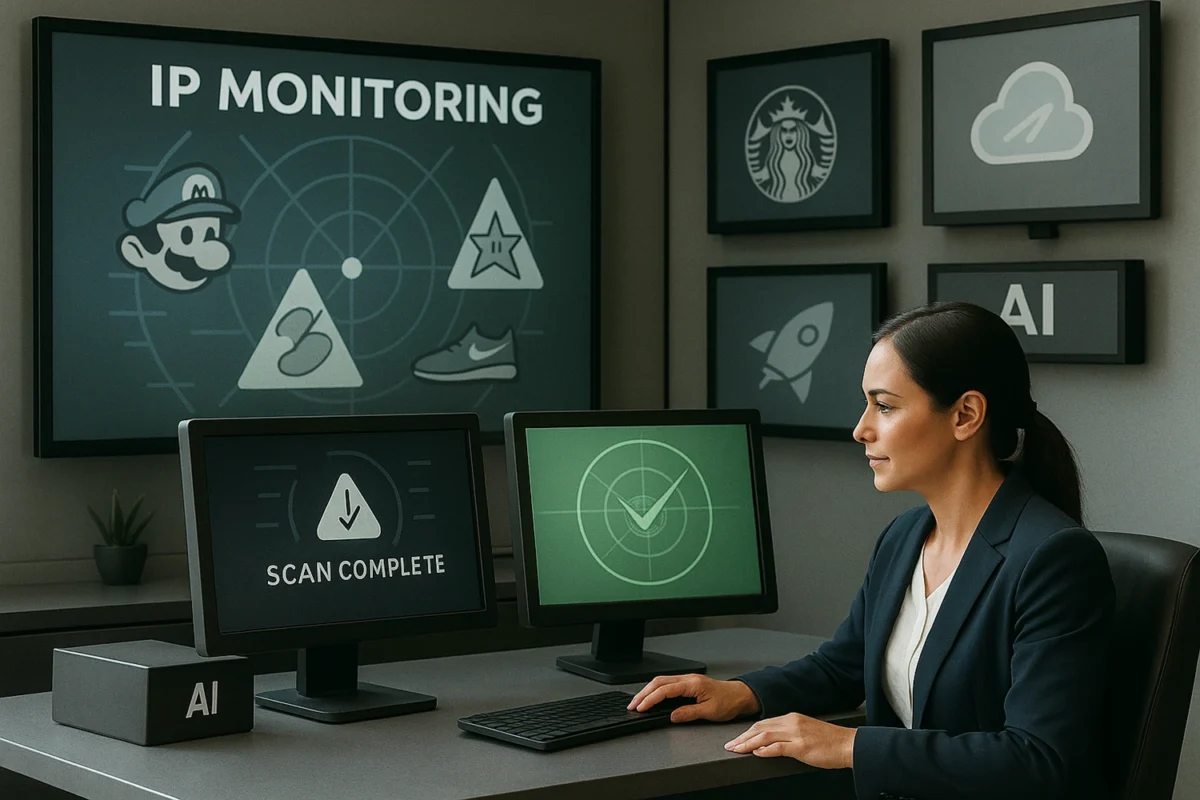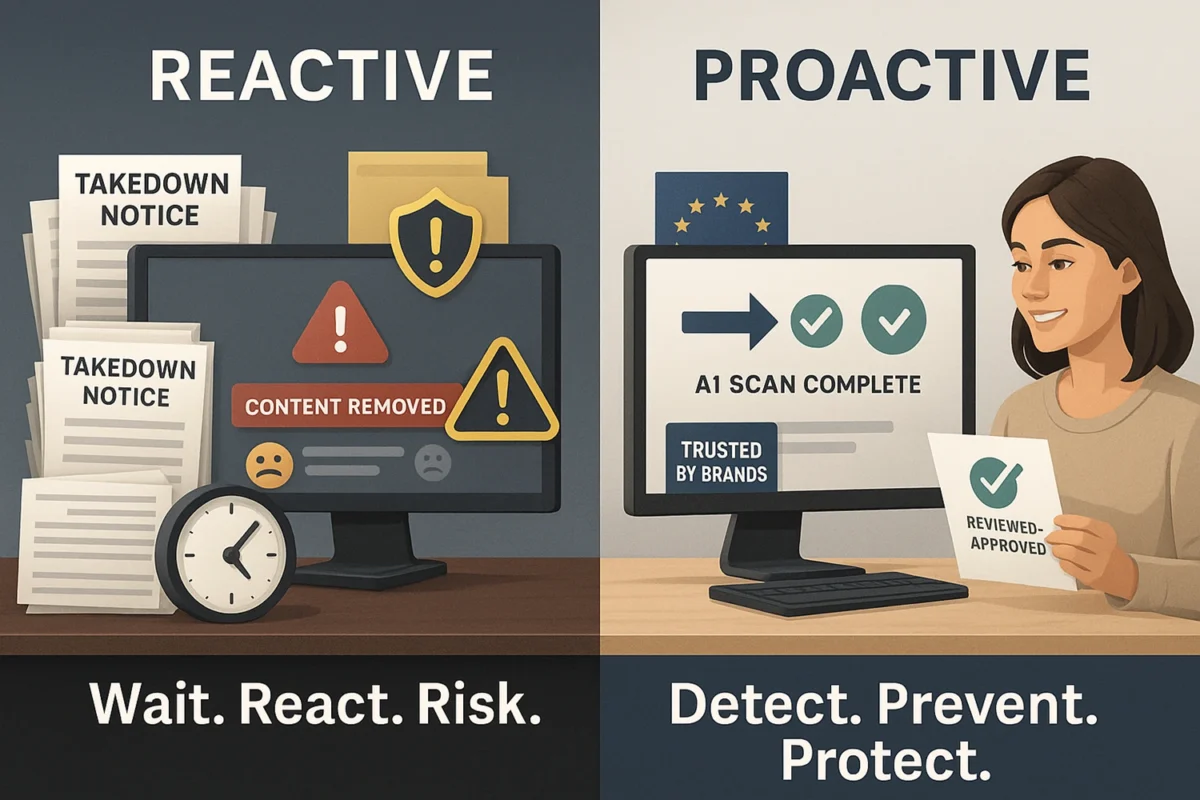Top 5 IP Myths In UGC And Marketplace Platforms
When you operate a marketplace or UGC platform, dealing with copyright and trademark issues is inevitable. But what makes IP compliance even harder? Misinformation.
From creators to moderators to even execs, IP myths create false confidence—and real legal risk.
Here are the top 5 IP myths we see on content-driven platforms—and the truth your team needs to know.
Myth #1: “If I Change 20% Of A Design, It’s Not Infringement.”
IP infringement is based on substantial similarity, not mathematical percentage. Even small tweaks to a protected design (e.g., altering Mickey Mouse’s nose or changing 2 colors) can still count as infringement—especially when the core idea remains the same.
Takeaway for platforms: Creators using this logic are often repeat infringers. Train your moderators and deploy visual AI to catch near-duplicate uploads.
Myth #2: “It’s Fair Use Because It’s a Joke or Parody.”
Not so fast. Parody is one of the most misunderstood defenses in IP law.
To qualify as fair use parody, the work must comment on or criticize the original IP—not just use it in a humorous way. A shirt that says “Pika-chew on this!” with a yellow rodent is not likely a protected parody.
Takeaway for platforms: Don’t rely on user intent. Use context-aware detection (like Infringio) + review processes to evaluate parody claims.
Myth #3: “I Found It on Google, So It’s Fine to Use.”
Nope. Google is a search engine, not a copyright filter.
Images found online—no matter how public—are still protected by copyright unless clearly marked as public domain or under a license like Creative Commons.
Takeaway for platforms: Provide education during onboarding. Many users are genuinely unaware, and a simple warning can reduce uploads of scraped content.
Myth #4: “We’re Just a Platform-We Don’t Upload Anything.”
Legally? Not always enough.
If your platform:
- Prints, ships, or fulfills (like a POD service)
- Promotes or features listings algorithmically
- Takes a commission on each sale
…then you’re more than just a neutral host. Courts (like in the Redbubble case) have held that platforms can be directly liable if they enable or profit from infringement.
Takeaway for platforms: Ensure you have proactive detection, takedown workflows, and internal IP policies that show good faith.
Myth #5: “If No One Complains, It’s Not a Problem.”
Dangerous thinking. Just because a rights holder hasn’t contacted you yet doesn’t mean you’re safe.
Some brands wait to build cases. Others use detection tools of their own. And some simply go straight to payment processors or sue.
Takeaway for platforms: Being reactive puts you on the back foot. Being proactive with tools like Infringio shows that you’re serious about compliance—and it protects your business, creators, and users.
The Truth Isn’t Optional-It’s Legal Survival
In the age of AI-generated content, remix culture, and creator-driven platforms, understanding the real rules of IP isn’t a nice-to-have—it’s mission-critical.
Want to fight infringement at scale—and bust these myths with data, not hope?
VISUA can help.
Want to protect your platform from the myths that cause real lawsuits?? Book a demo with VISUA today.
Disclaimer: Not Legal Advice
This content is provided for informational purposes only and does not constitute legal or professional advice. The information reflects our understanding as of the date of publication and may not apply to every situation or jurisdiction. You should consult qualified legal counsel for advice tailored to your specific circumstances. Any actions taken based on this content are at your own risk. Neither VISUA nor its affiliates accept liability for any losses or damages arising from the use of this information.
Book A DemoRELATED
Redbubble, Teespring, and the Lessons of IP Enforcement Failures
Reading Time: 3 minutesPrint-on-demand (POD) platforms empower creators to design and sell products without holding inventory. But with that power…
BlogHow AI Is Changing the Game in IP Enforcement
Reading Time: 2 minutesIP enforcement used to be simple: But today’s infringement landscape – especially for POD and UGC-heavy platforms…
BlogThe Future of IP Compliance – Proactive vs. Reactive Models
Reading Time: 2 minutesFor years, most platforms treated IP compliance as a reactive function: But the market – and the…
Blog


